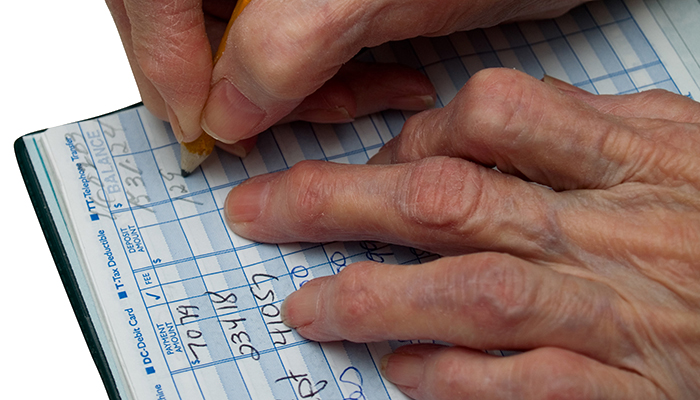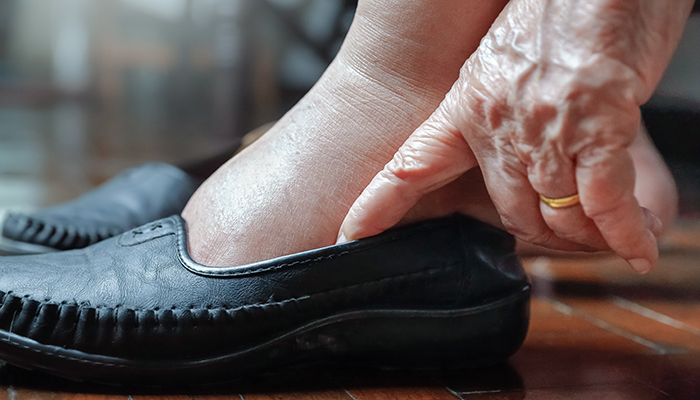
For a teen, a relative’s dementia can turn a close relationship into one that’s now awkward, confusing, and embarrassing. And creates feelings of guilt.


For a teen, a relative’s dementia can turn a close relationship into one that’s now awkward, confusing, and embarrassing. And creates feelings of guilt.

After you have scoured the Internet to help your relative find a potential new doctor—someone on their plan and with no obvious red flags—it’s time to get more specific. The doctor’s website may provide some descriptive information, but most likely, you’ll want a conversation.

For most family caregivers, frustration and guilt are common, as is anxiety and resentment. These feelings are normal and reasonable under the circumstances. It’s not realistic to eliminate negative emotions. Caring for an ailing family member IS emotionally taxing, especially in the case of memory loss. But sometimes the negativity can feed on itself.

Even pre-COVID, many 90-year-olds adamantly refused to go to a senior center, saying they didn’t want to be around “all those old people.” (!) Does this sound like your loved one? Admittedly, the senior centers of the past tended to focus on bingo and crafts. These activities are of limited interest to the newest generation of older adults. Happily, senior centers have been updating. Bingo and crafts are still there. But the upswing in technology use during COVID catapulted many centers into the 21st century

With summer’s warm weather, be on the lookout for dehydration in your loved one. The signs include confusion, fatigue, weakness, and sleepiness. Some people become dizzy and their balance is thrown off. Dry mouth, headaches, and muscle cramps are other symptoms of dehydration.

If the person you care for has dementia—memory or thinking problems from a condition such as Alzheimer’s, a stroke, or Parkinson’s—unpaid bills or a messy checkbook may have been your first sign that something was amiss. Certainly, in the later stages of dementia, your loved one won’t be able to manage their finances. But what about the in-between?

Elderly parents are living longer. Children are often dependent for more years than expected. Add to this the ongoing responsibilities to spouse/partner and jobs, and there is little wiggle room for the millions of family caregivers who find themselves squeezed in the middle as the “Sandwich Generation.”

Many older adults experience swollen legs and feet. For some, it’s because of sitting a lot and leading a sedentary lifestyle. For others, it’s the water retention side effect of a medication. And for others, the swelling—called “edema”—is a symptom of a chronic or even serious illness such as heart failure or liver or kidney disease.
© 2002-2025, LionHeart Eldercare & Consulting. Site created by Elder Pages Online, LLC.